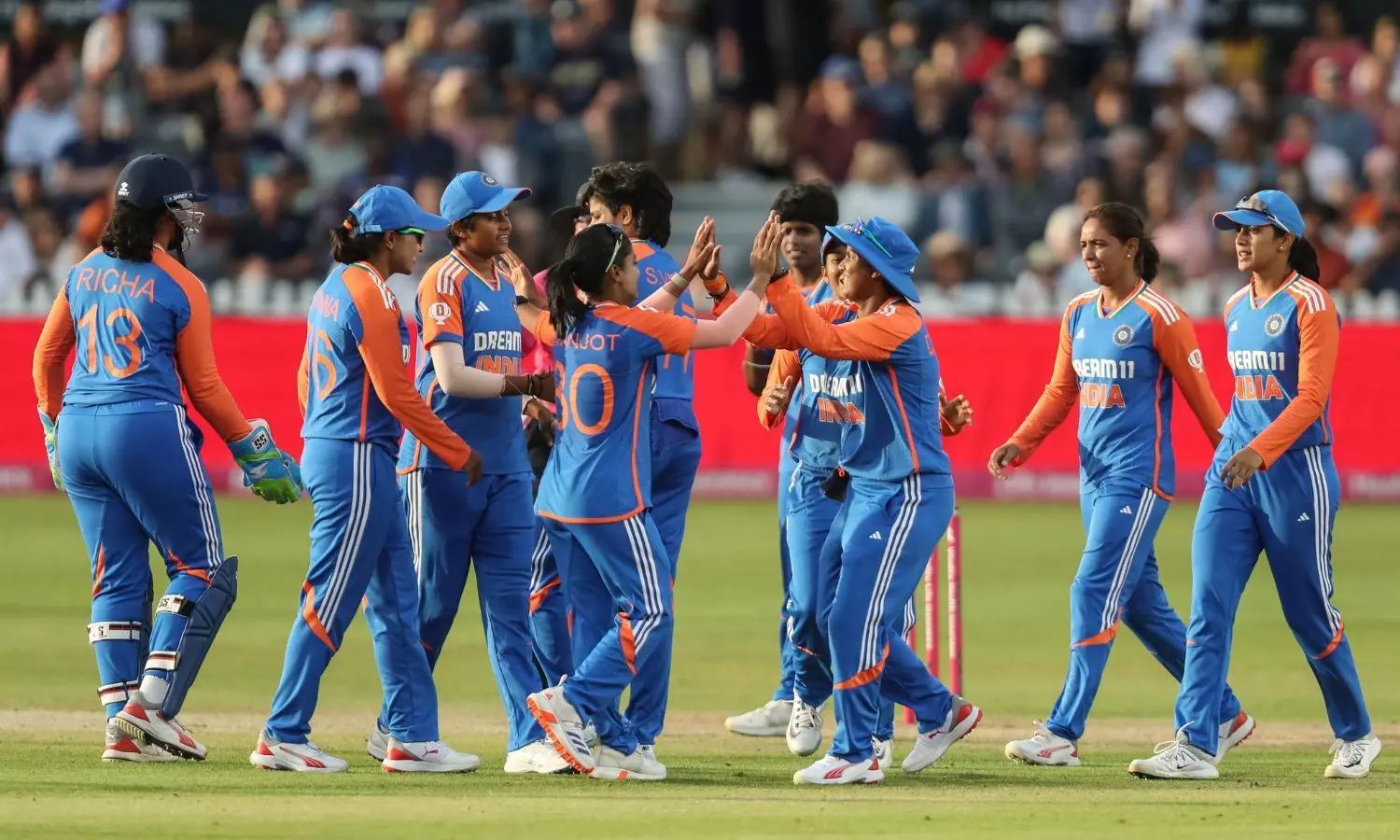The Roar Beyond the Game: Athlete Activism and Social Justice
For decades, the arena of sports has been more than just a battleground for victories; it's become a platform for voices demanding change. Athlete activism, the practice of athletes using their influence to advocate for social and political causes, has evolved from isolated incidents to a powerful force shaping public discourse. Let's dive into this compelling intersection of sports and social justice.
A Legacy of Courage: Standing Up for What's Right
The history of athlete activism is rich and varied. Jack Johnson, the first African American heavyweight boxing champion, faced racial prejudice and used his platform to challenge societal norms in the early 20th century. This act of defiance, and many others, set the stage for future generations of athletes to speak out. Then came Muhammad Ali. In 1967, Ali refused to be inducted into the U.S. Army, citing his religious beliefs and opposition to the Vietnam War. His famous quote resonates even today: “I ain’t got no quarrel with them Viet Cong… They never called me n****r.”
Ali’s refusal cost him his boxing titles and prime competitive years, but it cemented his legacy as a fearless advocate for justice. His defiance inspired athletes everywhere to realize that their influence extended far beyond the scoreboard.
From the Court to the Streets: The Modern Era of Activism
Fast forward to the 21st century, athlete activism has taken new forms. Colin Kaepernick’s decision to kneel during the national anthem in 2016 brought police brutality and systemic racism into the national spotlight. He was effectively blackballed from the NFL, yet his act sparked a global conversation and galvanized movements for racial justice.
The WNBA and NBA players have also been at the forefront. In 2020, following the shooting of Jacob Blake, players staged walkouts and used post-game press conferences to amplify calls for reform. They proved that teams, leagues, and sponsors can no longer ignore the voices of their athletes.
Digital Platforms: A New Megaphone
Social media has transformed the landscape of athlete activism. Where athletes once had to rely on interviews or press statements, platforms like Instagram, Twitter, and TikTok now allow them to communicate directly with millions. Stars like LeBron James, Naomi Osaka, and Megan Rapinoe consistently use their platforms to advocate for racial equality, gender equity, LGBTQ+ rights, and more.
The Backlash and the Balance
Yet, athlete activism isn’t without challenges. Critics often demand athletes “stick to sports,” fearing that advocacy alienates fans or distracts from performance. Some leagues have sought to suppress political expression to protect business interests. But increasingly, athletes are unwilling to be silent. As Osaka once said, “If I have a platform, why wouldn’t I use it for something I believe in?”
Why It Matters
Sports are one of the few spaces where people from vastly different backgrounds come together. When athletes take a stand, they force uncomfortable but necessary conversations into living rooms worldwide. Their actions can influence policy, inspire youth, and challenge the status quo in ways that few other institutions can.
The Roar Continues
Athlete activism is no longer a side story—it’s part of the game. From Jack Johnson’s defiance a century ago to today’s players using their social media feeds as megaphones, athletes have proven that their power isn’t confined to stadiums and arenas. They are shaping culture, politics, and history in real time.
The question isn’t whether they should use their platforms for change. The question is: What would the world look like if they didn’t?

.jpeg)


